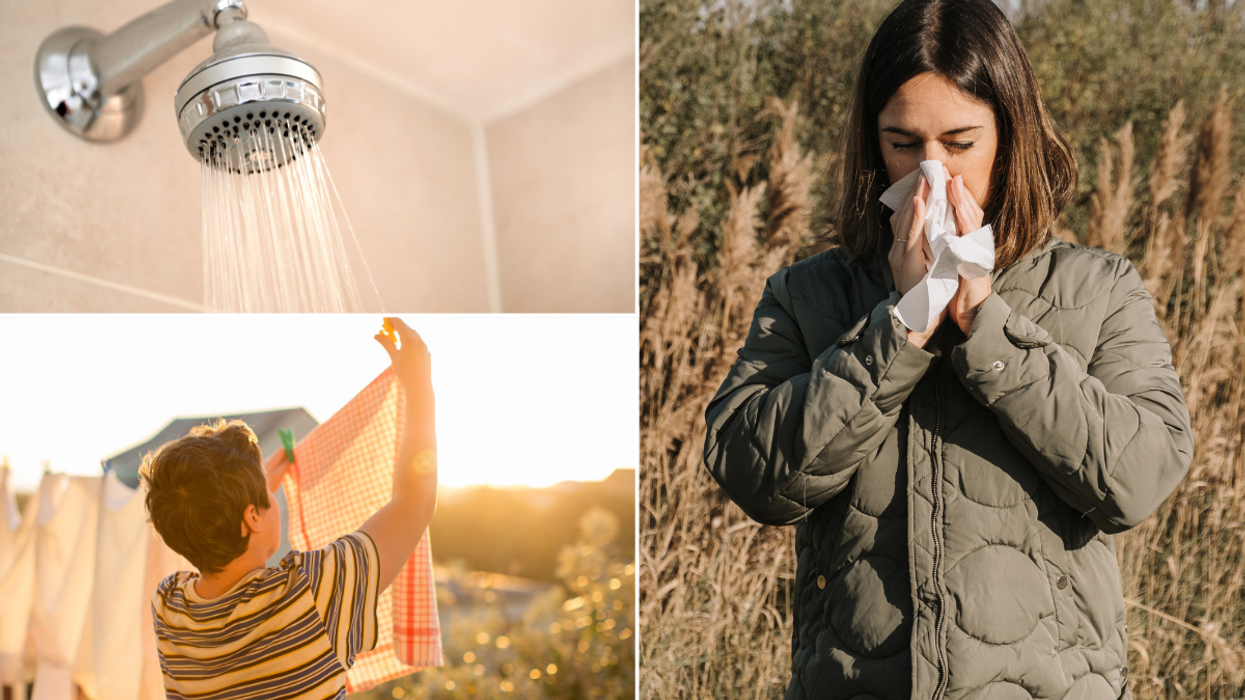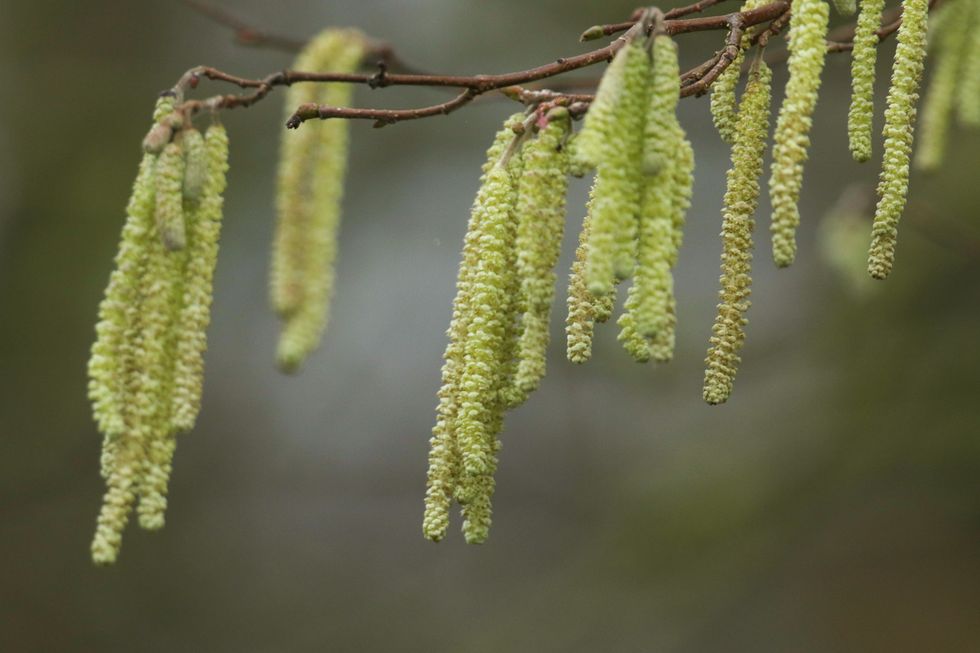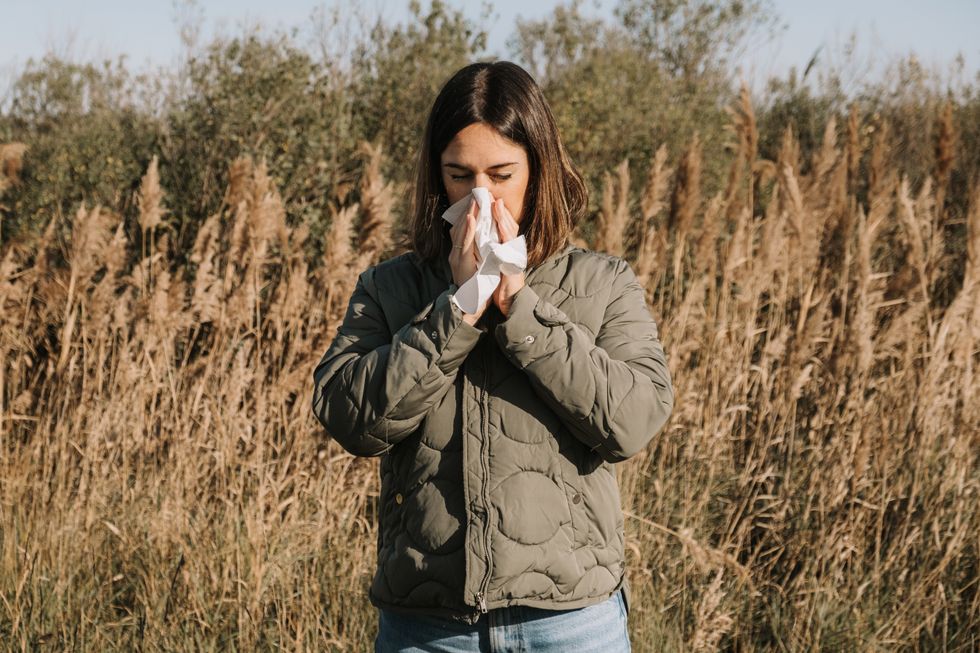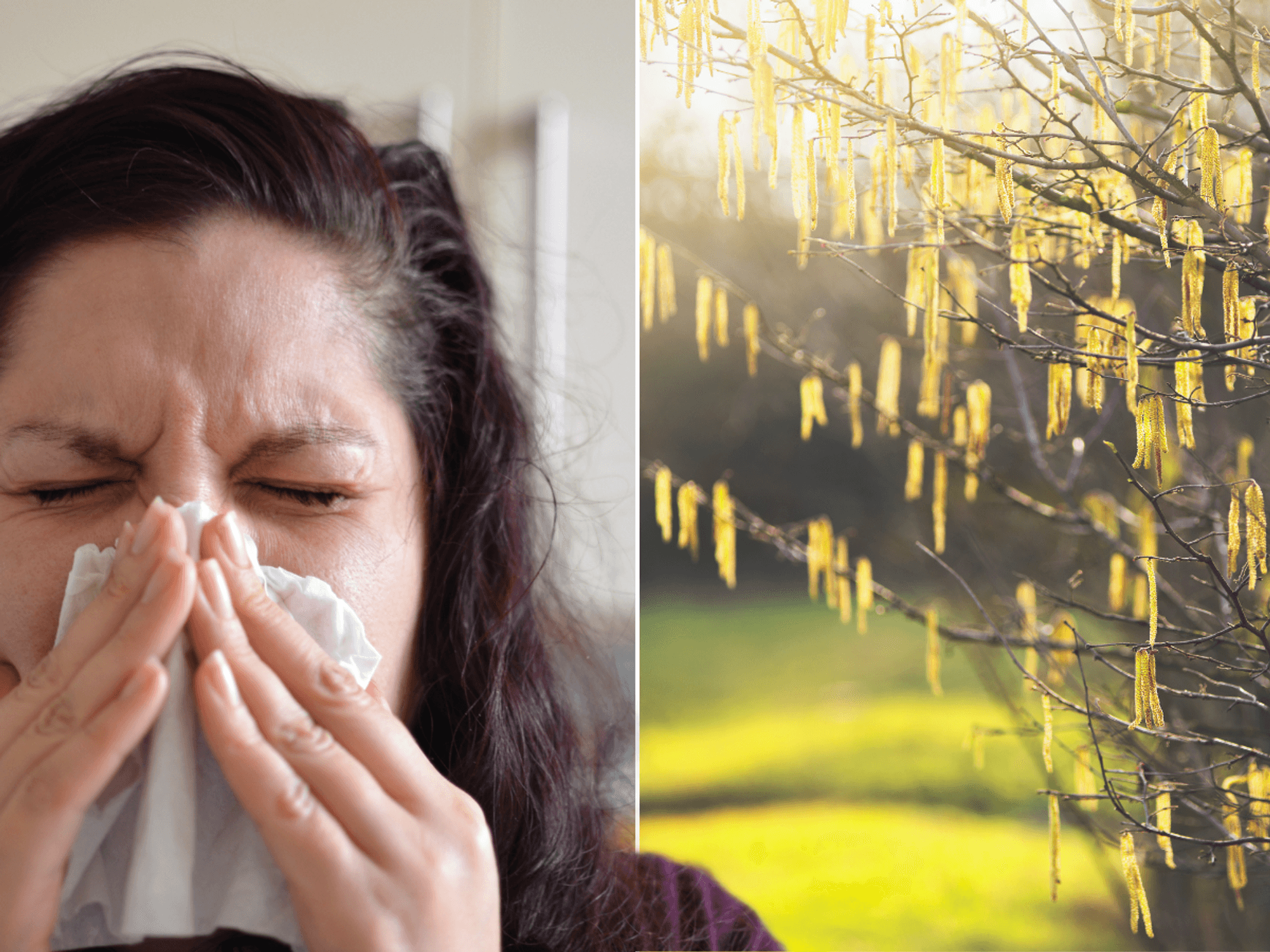Hay fever: Doctor outlines top 5 ways to tackle allergy symptoms

Hayfever: doctor outlines top 5 ways to tackle allergy symptoms
|GETTY
The tell-tale signs of springtime have finally arrived
Don't Miss
Most Read
Latest
Spring has officially arrived, and it has been accompanied by the annual hay fever season that plagues nearly a quarter of British adults.
It comes as no surprise that online searches for "pollen allergies" have soared by an astonishing 1,179 per cent in the past month alone as the Met Office urges Britons to be cautious of high levels of pollen over the next few months.
The warmer weather and longer days mark the beginning of tree pollen season, which can cause significant discomfort for many Britons.
With pollen levels rising across the country, hay fever sufferers are already experiencing the familiar symptoms that accompany this time of year.

The warmer weather and longer days mark the beginning of tree pollen season
|GETTY
Tree pollen specifically impacts one in four hay fever sufferers, with interest in 'alder pollen' searches increasing by 150 per cent over the past month. March, April, and May represent the peak season for tree pollen allergies.
Chief Medical Officer at AXA Health insurance, Dr John Burke, explained: "Hay fever is an airborne allergy that affects almost a quarter of adults in the UK.
"Around 25 per cent of hay fever sufferers react to pollen from trees such as alder, beech, cedar and oak, so may experience more severe symptoms between late March and May when trees are pollinating."
With over 30 variations of pollen in the UK linked to hay fever, Britons could have to endure symptoms all year round. To help identify the allergy, a former NHS doctor has identified six key symptoms of hay fever that sufferers should be aware of this spring.
The first symptoms include nasal congestion or a runny nose, and watery, itchy, red eyes, which is known as allergic conjunctivitis. Sneezing is another common symptom, along with an itchy nose, roof of mouth or throat.
Many sufferers also experience post-nasal drip, which is the sensation of mucus running down the back of the throat, resulting in coughing.
The sixth symptom is fatigue, which can significantly impact daily activities during the hayfever season. All the symptoms can vary in severity depending on pollen levels and individual sensitivity.
With searches for 'hay fever relief remedies' jumping by 28,900 per cent within the past year, Dr Burke has shared effective ways to tackle these debilitating symptoms.
"Unfortunately, there is no cure for hay fever. However, there are numerous remedies and precautions you can take to minimise your symptoms so you can comfortably enjoy the brighter days this spring," he explained.
One simple tip is to avoid drying clothes outdoors since tree pollen can collect on items while they dry, which can cause irritation.
LATEST DEVELOPMENTS
- UK weather: Met Office issues rare red levels for hayfever sufferers as pollen count will be 'very high'
- Hayfever treatment: Doctor reveals four 'wonder' foods that can help ease your symptoms
- Doctor Q&A: Antihistamines are not helping my hayfever, what can I do? Dr Renée Hoenderkamp answers all your burning questions

Hay fever sufferers are already experiencing the familiar symptoms that accompany this time of year
|GETTY
Regular showering after being outside is also recommended, according to Dr Burke, because pollen can cling to our body and hair.
"Hay fever sufferers need to shower, wash their hair thoroughly, and change their clothes after being outside," Dr Burke advised.
He recommends using warm rather than hot showers to avoid drying out skin and using hypoallergenic products where possible, adding that applying petroleum jelly around the nostrils can also help.
Dr Burke explained that "it acts as a barrier, trapping the pollen grains before they enter the nasal passage".
He even said that wearing wrap-around sunglasses offers protection for the eyes against both sunshine and pollen.
For those who are forced to suffer from persistent symptoms, Dr Burke suggests over-the-counter medications such as antihistamines or nasal sprays, but cautioned users to "follow the packet instructions and never exceed the recommended dosage".










